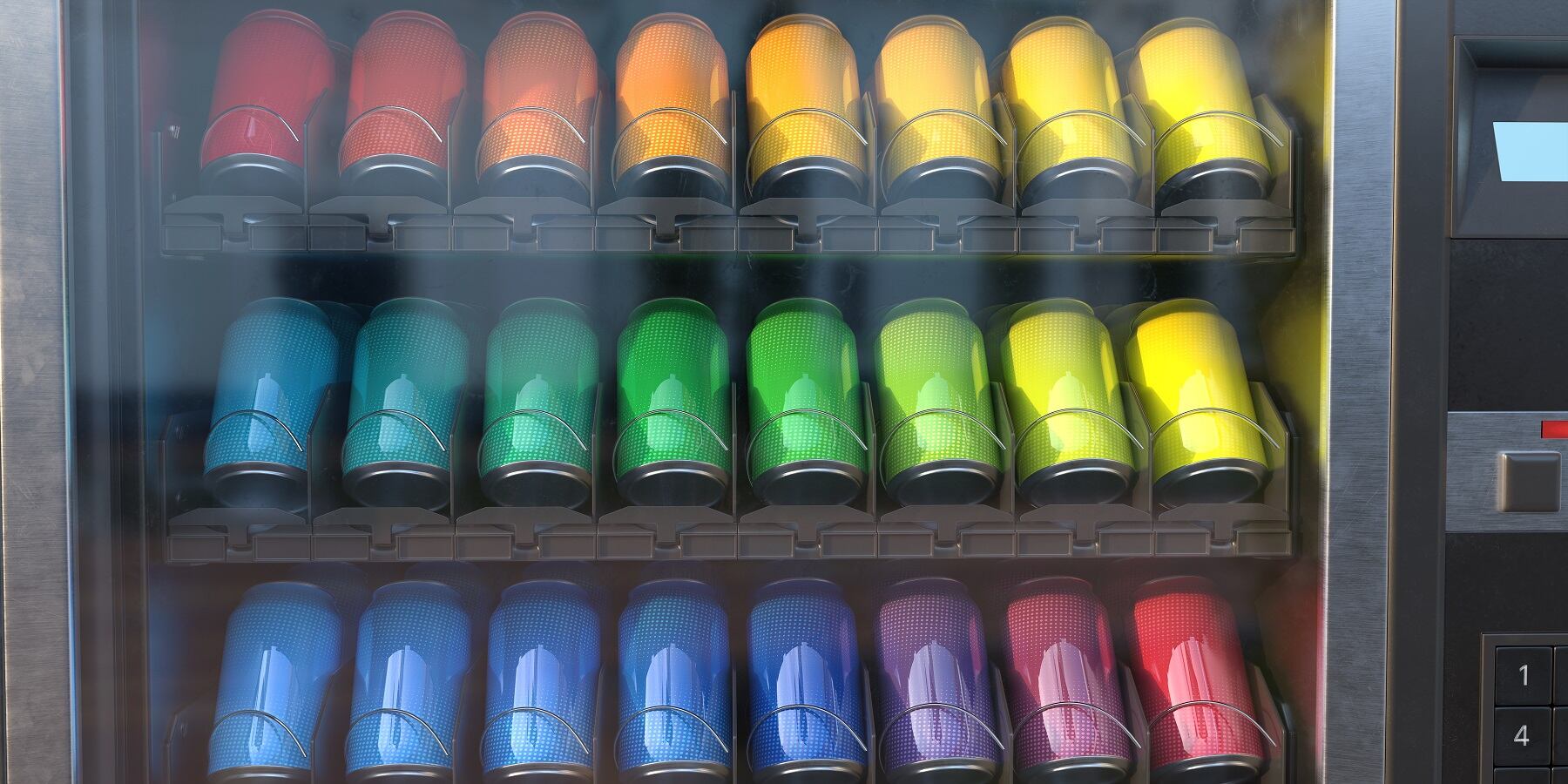Researchers from the University of North Carolina at Chapel Hill and University of Amsterdam analysed almost 130,000 product additions by nearly 80 brands over 11 years in the US soda category, publishing their findings in the Journal of Marketing.
“Our study sheds light on how marketing can bridge brands’ sales objective with society’s health focus—doing well and doing good simultaneously,” say the researchers. So what are their key findings?
Consumers' desire to reduce sugar is not enough to incentivize purchases
The good news: researchers found that, in general, sugar reduced products perform comparably to similar, non-reduced products.
But they highlight that launching a sugar-reduced product is not an effortless win: it’s important that the tone and message of such products strikes the right chord with consumers.
“Despite clear evidence of the negative consequences of sugar consumption, consumers’ intake has steadily increased over the years,” they note. “This suggests that it is not sufficient for consumers to want to decrease their sugar intake: companies need to offer appealing products that can help reduce sugar consumption.”
Thus, a product’s success is dependent on the branding, labelling and packaging of the products: with key three areas to consider.
“First, with respect to labeling, brand manufacturers must decide whether to feature claims of the presence or absence of (un)healthy ingredients, which can signal enjoyment and/or healthiness. For example, Pepsi emphasizes enjoyment and highlights the use of sugar in some cases (e.g., “Made with Real Sugar”), whereas Mountain Dew has highlighted the absence of sugars in several others (e.g., “Zero Sugar”).
“Second, branding decisions determine whether reduced-sugar products are launched under a mini or diet sub brand or the main brand. For example, Coca-Cola recently launched zero-sugar products under the Coca-Cola name, not a sub brand such as Coke Zero.
“Third, packaging decisions, such as the number of products per pack, also matter. Single items limit consumption, which is consistent with package size reduction, whereas multipacks give consumers stock for continued consumption.”
What works?
The researchers highlight that sugar-reduction efforts ‘work substantially better if they do not overemphasize the reduced sugar content in new additions: that is, sugar reductions perform better without a dedicated sub-brand and with enjoyment-oriented claims rather than health claims’.
A fitting example is the 2021 redesign of Coca-Cola’s Zero Sugar: which was relaunched to more closely resemble the flagship regular Coca-Cola rather than the earlier ‘Coca Cola Zero.’ (Coca-Cola both adjusted the recipe to align closer to the classic Coke taste, as well as refreshing the design anchored by the Coca-Cola logo and red cues).
In a similar way, package size reductions perform better if presented as a fun, high-quality product rather than a stern, healthy alternative. Using single items rather than multi packs further supports this positioning, add researchers.
The study can be found here.

